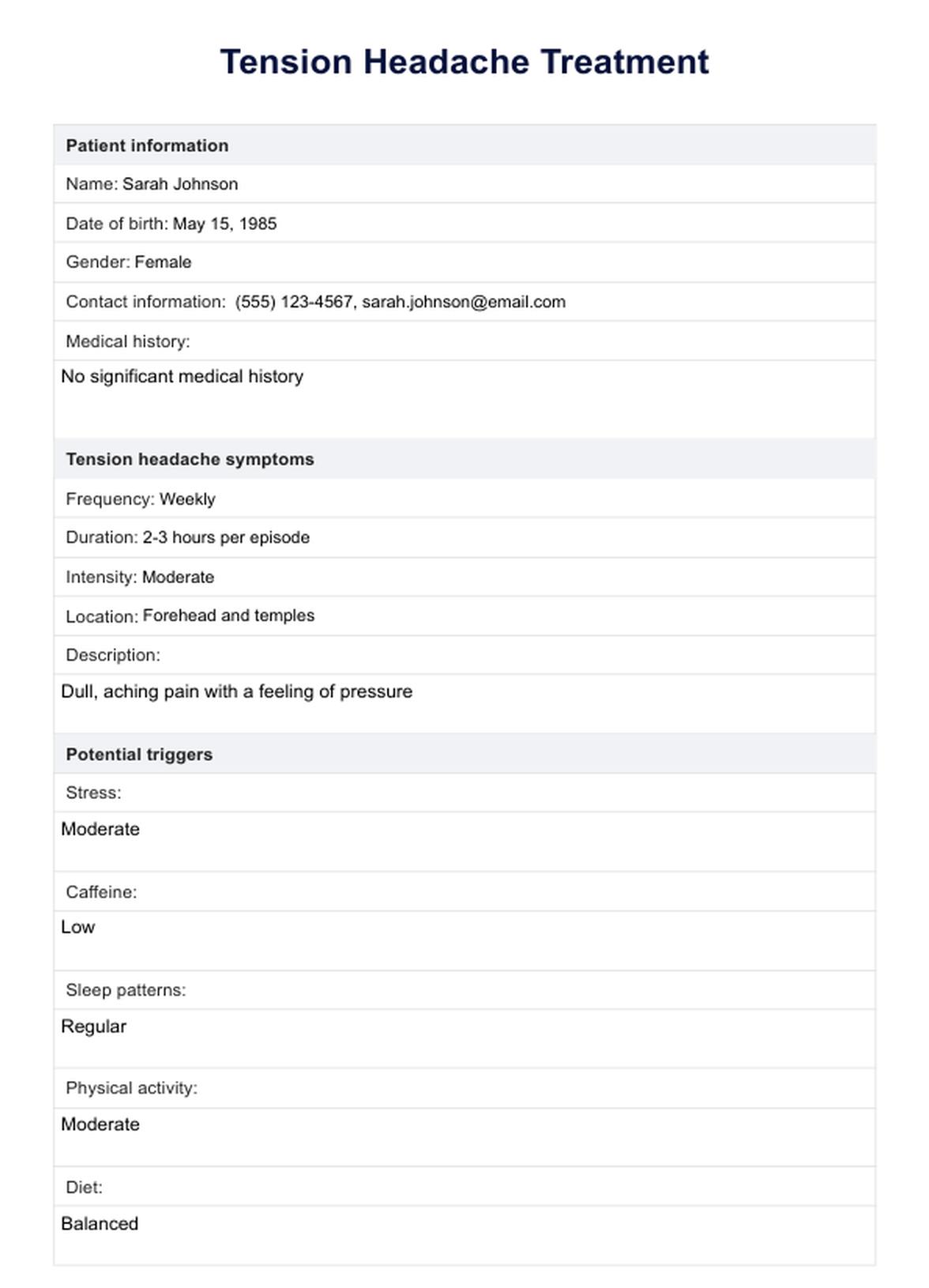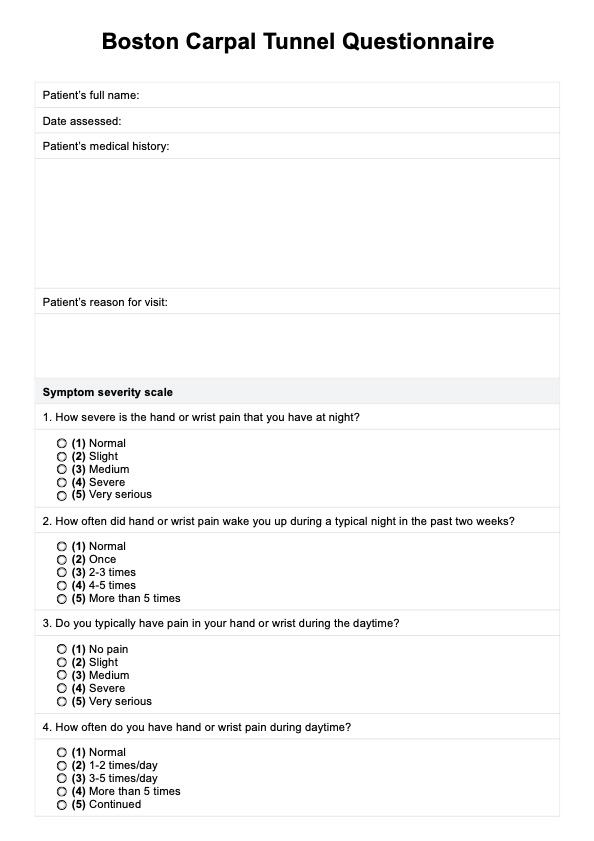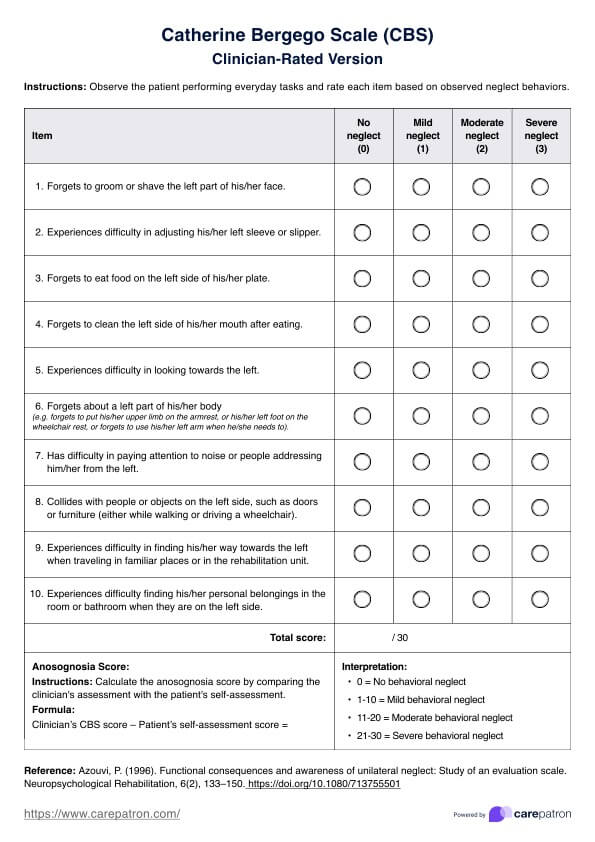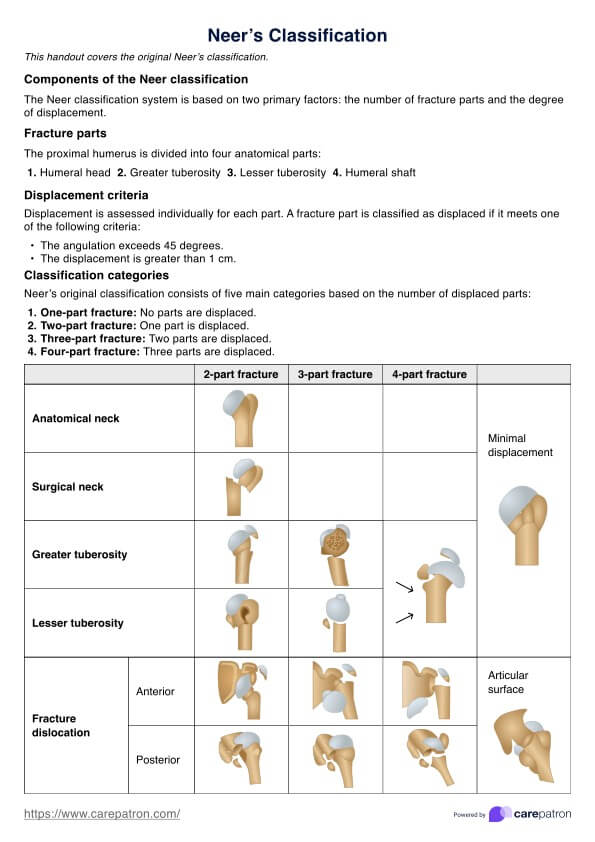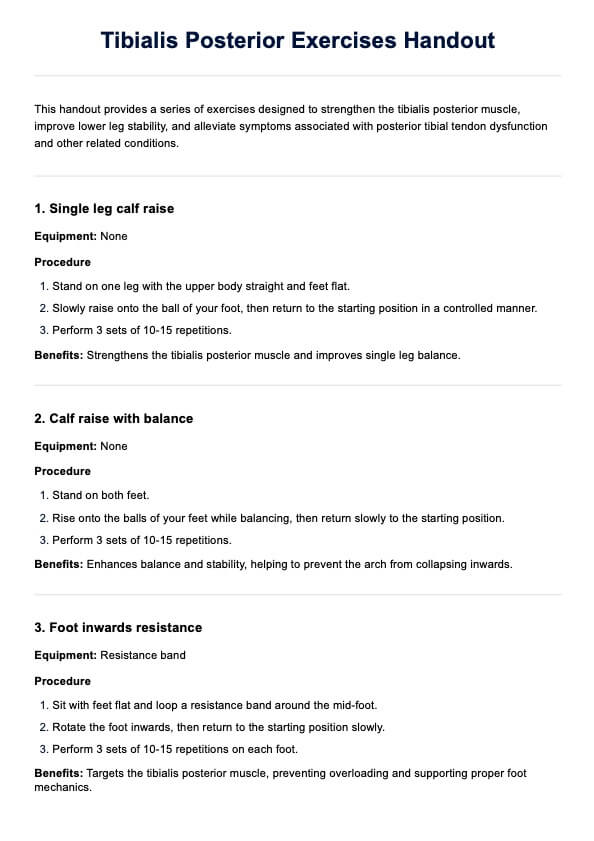Tension Headache Treatment
Get relief from tension headaches with effective treatments and examples in this comprehensive guide. Download Carepatron's free PDF for more information.


What are tension headaches?
Tension headaches, often called muscle contractions headache disorders, are the most common type of headache, affecting many people at some point in their lives. They are characterized by a dull, aching pain and a sensation of tightness or pressure across the forehead or on the sides and back of the head. Unlike migraines, a tension type headache usually do not cause nausea, vomiting, or sensitivity to light and sound.
There are two main types of tension headaches: episodic and chronic. Episodic tension headaches occur less frequently, while chronic ones are defined as occurring 15 or more days a month for at least three months. Chronic headaches can significantly impact quality of life, making it essential to understand their nature and treatment options.
The exact cause of tension headaches is poorly understood, but they are believed to be linked to muscle tightness in the head and neck regions. Stress, poor posture, and prolonged screen time are common triggers. Headache symptoms can vary in intensity, and while over-the-counter pain relievers can help relieve pain, frequent use can lead to rebound headaches, where the headache returns as the medication wears off. It's vital for individuals experiencing a chronic tension headache to seek medical advice to manage and prevent pain effectively.
Tension Headache Treatment Template
Tension Headache Treatment Example
Tension headache symptoms
Understanding other symptoms of tension headaches is crucial for effective identification and management. Tension headaches can manifest in various ways, and recognizing these signs can help distinguish them from other headaches. Below are the other symptoms associated with tension headaches.
Dull, aching head pain
The hallmark of a tension headache is a persistent, dull, and aching pain. This discomfort often feels like a tight band around the forehead or the sides and back of the head. Unlike migraines, this pain is generally not pulsating but can be quite debilitating, especially in chronic tension headaches.
Tightness or pressure sensation
Tension headaches are frequently accompanied by a sensation of tightness or pressure, often described as muscle tension around the forehead, temples, or back of the head and neck. This muscle contraction can contribute significantly to the discomfort experienced during a tension headache.
Tenderness on the scalp, neck, and shoulder muscles
Individuals with tension-type headaches may notice tenderness when touching their scalp, shoulder, and neck muscles. This tenderness results from the muscle contraction associated with the headache and can exacerbate the pain.
Episodic and chronic patterns
Tension headaches can occur as episodic or chronic headaches. Episodic tension headaches happen less frequently and are typically shorter in duration. In contrast, chronic tension headaches happen 15 or more days per month and can persist for months, significantly affecting daily life.
Sensitivity to light and sound
While not as common as in migraines, some individuals with chronic tension headaches may experience mild sensitivity to light and sound. This symptom can be more pronounced in severe cases of tension headaches.
Difficulty concentrating
The persistent pain and discomfort from a tension headache can lead to difficulty concentrating, impacting work and daily activities. This symptom is particularly troublesome in chronic tension headaches.
Rebound headaches
Frequent use of pain relievers to manage tension headaches can lead to rebound headaches. These headaches occur when the medication wears off, causing the headache to return, often with increased intensity. Managing medication use is essential to prevent this cycle.
Why do tension headaches occur?
Tension headaches, also known as muscle contraction headaches, typically arise from various factors that cause the neck and scalp muscles to contract and become tense. Emotional stress is a common trigger for overexertion tension headaches, as it can lead to prolonged muscle tension in the head, neck, and shoulders, resulting in moderate pain.
Physical triggers such as overexertion, poor posture, and repetitive movements can strain the scalp muscles, causing sore muscles and tension headaches. Caffeine, when consumed in excess or withdrawn suddenly, can contribute to headache symptoms as well.
Head injury can be another contributing factor, where trauma leads to muscle contraction and subsequent tension headaches. Additionally, specific headache triggers like lack of sleep, dehydration, and skipping meals can exacerbate the frequency and intensity of these headaches. Frequent use of headache medicines might also lead to an episodic tension type headache, complicating the condition further.
Understanding these triggers and managing them can help reduce the occurrence of stress headaches.
Causes of chronic tension type headaches
A chronic tension type headache can significantly impact daily life, and understanding their causes is essential for effective management. Below are five common causes that contribute to the development of these persistent headaches.
Emotional stress
Emotional stress is a major contributor to tension headaches, including chronic tension types. High levels of stress can lead to prolonged muscle tension in the neck and scalp, triggering frequent headaches. Individuals should learn how to manage stress to help reduce the occurrence of these headaches.
Muscle contraction
Muscle contraction headaches are often caused by tension and stiffness in the muscles around the head and neck. Poor posture, prolonged screen time, and inadequate ergonomic setups can all lead to chronic muscle tension, resulting in chronic tension types. Regular exercise and proper ergonomics can alleviate muscle strain and reduce headache frequency.
Caffeine consumption
Caffeine plays a dual role in tension headaches. While moderate caffeine intake can relieve headache pain for some, excessive consumption or sudden withdrawal can trigger chronic tension type aches. Monitoring and moderating caffeine intake is crucial for individuals prone to these headaches.
Sleep disorders
Inadequate or poor-quality sleep is a common cause of tension type headaches. Sleep disorders such as insomnia and sleep apnea can lead to chronic tension type aches by causing persistent fatigue and muscle tension. Establishing a regular sleep routine and addressing sleep disorders can help in managing headaches.
Physical overexertion
Physical overexertion, especially without proper conditioning or warm-up, can lead to muscle tension and soreness, contributing to chronic tension type pains. Activities that strain the neck and shoulder muscles, such as heavy lifting or intense workouts, should be approached with caution. Regular, moderate exercise and proper stretching techniques can help prevent headaches.
Tips to prevent tension headaches
Preventing tension headaches involves adopting healthy habits and managing stress effectively. Maintaining good posture, especially when sitting for long periods, can reduce the risk of muscle contraction headache. Here are some tips you can give patients with this type of headache:
- Regular physical activity, such as stretching and moderate exercise, helps alleviate muscle tension and improve overall health.
- Manage emotional stress through relaxation techniques like meditation, deep breathing exercises, and yoga to significantly reduce headache frequency.
- Ensure adequate sleep and staying hydrated are crucial for preventing headaches.
- Limit caffeine and avoiding excessive use of pain relievers can also prevent rebound headaches.
Commonly asked questions
Over-the-counter pain medicines, when used as directed, are generally safe for occasional use. However, frequent or excessive use can lead to rebound headaches, so it's essential to follow prescription medicines and consult a healthcare professional if headaches persist.
Keeping a headache diary can be a helpful tool for identifying triggers and patterns associated with headaches. By recording tension headache frequency, intensity, and potential triggers, individuals can better understand their headache patterns and make informed decisions about treatment and prevention strategies.
While chronic tension headaches can significantly impact quality of life, they are not typically dangerous. However, persistent or severe headaches should be evaluated by a healthcare professional to rule out underlying conditions and determine the most appropriate treatment plan.
Applying gentle pressure to the base of the skull, known as the suboccipital muscles, can help relieve tension headaches. Additionally, massaging the temples, neck, and shoulders can help alleviate muscle tension and reduce tension symptoms.
No, tension headaches do not usually cause stomach pain. However, the two conditions can occur simultaneously due to shared underlying causes such as stress and anxiety.


